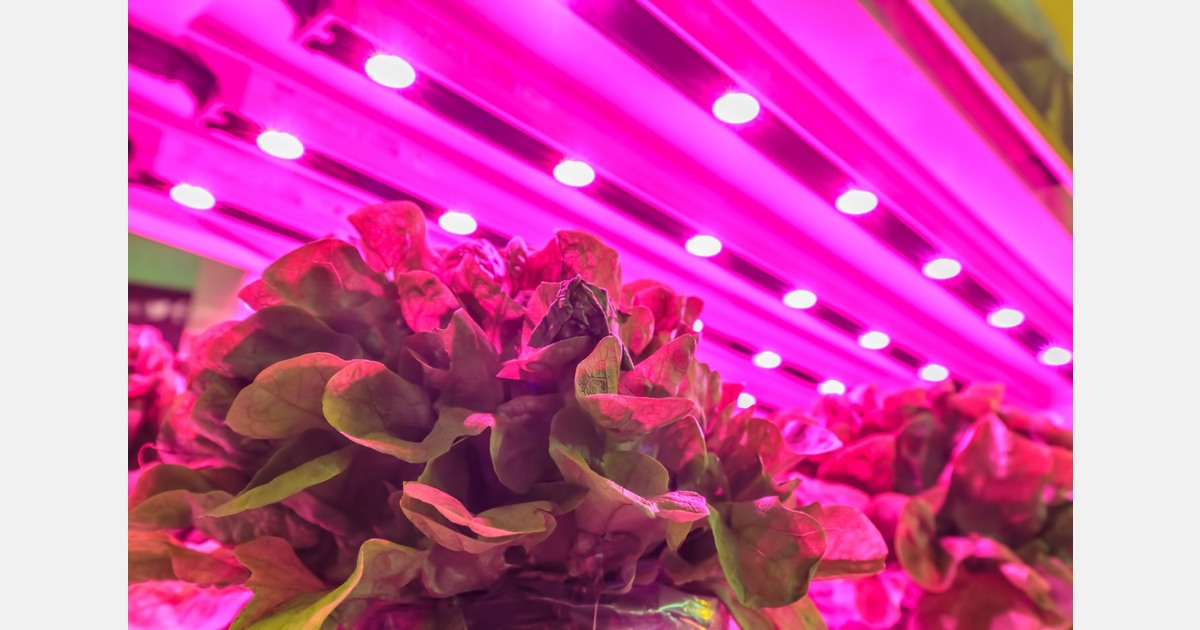Recently, an unusually quick onset of heat has heated up vegetable fields nationwide, followed by concentrated monsoon rains, triggering an emergency for crop yields. Notably, the damage to leafy vegetables such as spinach, lettuce, and perilla leaves, which are sensitive to hot and humid weather, is significant.
The monsoon reduces the sunlight available to plants and floods fields, softening crops. If intense heat returns after the monsoon, there is also the issue of leaves burning. Vegetables of diminished quality age faster, making it difficult to maintain freshness during distribution. Prices for vegetables have already risen sharply, and there are projections that this trend will continue until August.
Major supermarket chains in Korea have been busy since last year to secure fresh vegetables this summer. In this process, they are actively discovering alternative production areas like smart farms and utilizing special storage technologies to enhance supply stability.
On the 17th, at the headquarters of Lotte Mart in Songpa District, Seoul, Kim Si-eun and Hong Yoon-hee, Merchandisers (MD) for the vegetable team at Lotte Mart, met with ChosunBiz and said, “Our top priority is to respond quickly to climate change and refine our distribution methods to provide customers with high-quality products at reasonable prices every year.” The following is a Q&A.
Read more at Chosun Biz
Frontpage photo: © MartinBergsma | Dreamstime
Publication date:
Wed 23 Jul 2025
